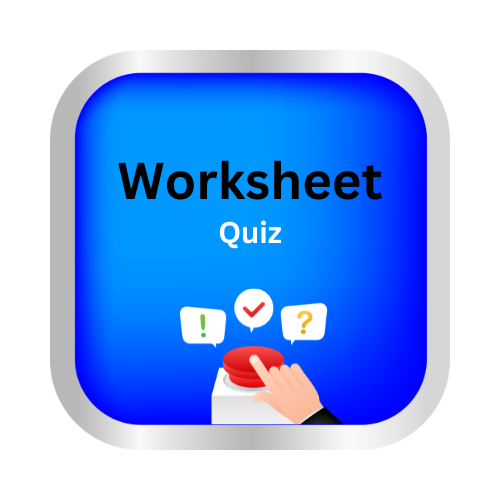Choose between personal and reflexive pronouns
Design by Delta publications
Key Notes:
🌟 Personal vs Reflexive Pronouns 🌟
| Personal Pronouns 🧑👩🧑🤝🧑 |
Definition: Words that replace a noun and refer to people or things.
Used as: Subject or object in a sentence.
Examples:
Subject: I, you, he, she, it, we, they
- Example: She loves reading 📚.
Object: me, you, him, her, it, us, them
- Example: The teacher called me ✏️.
| Reflexive Pronouns |
Definition: Pronouns that refer back to the subject of the sentence.
Always end with: -self (singular) or -selves (plural).
Examples: myself, yourself, himself, herself, itself, ourselves, yourselves, themselves
Example Sentences:
- I made myself a sandwich 🥪.
- They enjoyed themselves at the party 🎉.
| How to Choose ✅ |
| Situation | Pronoun to Use | Example |
|---|---|---|
| The pronoun is doing the action to itself | Reflexive | She taught herself piano 🎹. |
| The pronoun is the subject or object of the sentence | Personal | He likes chocolate 🍫. |
| Emphasis on who is performing the action | Reflexive | I myself cleaned the room 🧹. |
| Quick Tips 💡 |
- Reflexive pronouns are never used as subjects. ❌
- ❌ Myself went to the park. → ✅ I went to the park.
- Personal pronouns can stand alone as subjects or objects. ✔️
- Reflexive pronouns often show emphasis or reflect the action. 🌟
| Fun Examples with Emojis 🎨 |
- I washed the car myself 🚗✨.
- They enjoyed themselves at the zoo 🦁🐒.
- You can do it by yourself 💪.
- She gave me a gift 🎁.
- We helped ourselves to cake 🍰.
Let’s practice!🖋️

